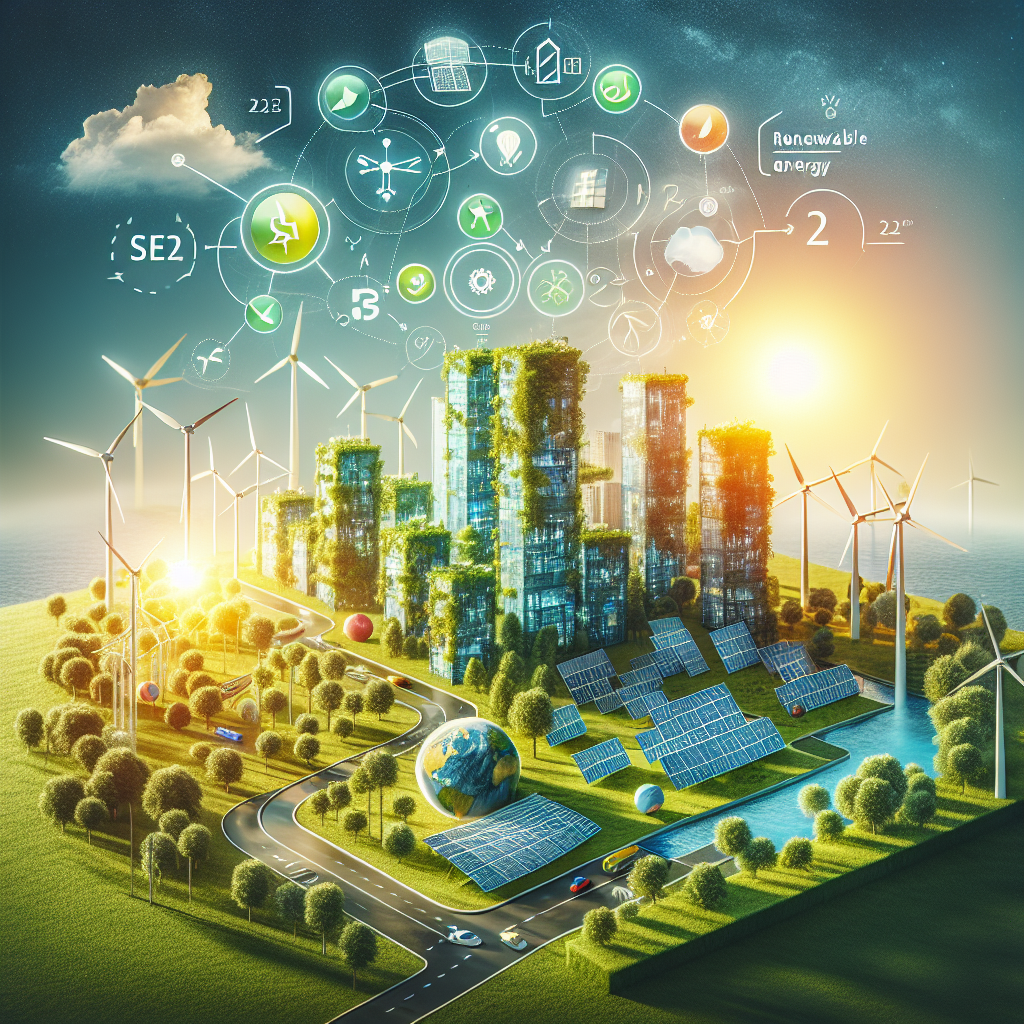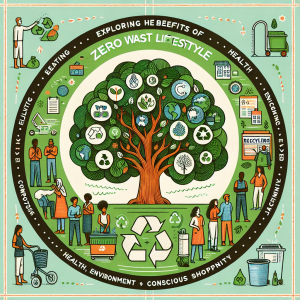In an era marked by climate change, diminishing natural resources, and increasing energy demands, the pivot toward renewable energy is not just prudent; it’s essential. As our world grapples with the environmental consequences of traditional energy sources like fossil fuels, renewable energy has emerged as a beacon of hope, powering a sustainable future. This article explores the various forms of renewable energy, their benefits, and their critical role in fostering sustainable living.
The Landscape of Renewable Energy
Renewable energy is derived from natural processes that are continually replenished. The main types include:
-
Solar Energy: Harnessed from the sun’s rays, solar energy is one of the fastest-growing renewable energy sources. Photovoltaic cells convert sunlight into electricity, making it accessible for residential, commercial, and industrial applications.
-
Wind Energy: Wind turbines capture kinetic energy from wind and convert it into electricity. Wind farms, both onshore and offshore, have become pivotal in reducing greenhouse gas emissions.
-
Hydropower: Energy generated from flowing water, usually via dams, is a well-established renewable energy source. Hydropower is the largest source of renewable electricity globally, offering a reliable supply of energy.
-
Biomass: Organic materials, including plants and animal waste, can be converted into energy through combustion or other processes. Biomass can help reduce waste while providing a renewable fuel source.
-
Geothermal Energy: Utilizing heat from the Earth’s core, geothermal energy provides a consistent energy supply with a low carbon footprint. It’s especially effective in regions with volcanic activity.
Benefits of Renewable Energy
Transitioning to renewable energy offers numerous benefits that extend beyond environmental considerations:
-
Reduction of Carbon Footprint: By utilizing energy from renewable sources, we can significantly reduce our reliance on fossil fuels, leading to lower greenhouse gas emissions.
-
Energy Independence: Renewable energy can reduce a nation’s dependence on imported fuels, promoting energy security and stability.
-
Economic Growth: The renewable energy sector has proven to be a significant job creator, offering employment opportunities in manufacturing, installation, maintenance, and research.
-
Sustainable Development: Renewable energy promotes sustainability by providing clean energy options, supporting eco-friendly practices, and fostering resilient communities.
Renewable Energy and Sustainable Living
Sustainable living involves making choices that contribute to environmental health, social equity, and economic viability. Renewable energy plays a pivotal role in this philosophy:
-
Affordable Energy Access: As renewable technologies improve and costs decline, more people can have access to cheap and clean energy. This is particularly important in developing countries where electricity access is limited.
-
Smart Homes: With the advent of energy-efficient technologies and smart grids, households can optimize their energy use, reduce waste, and lower their bills. Solar panel installations and home battery systems can harness renewable energy for personal consumption.
-
Sustainable Transport: The shift to electric vehicles powered by renewable energy sources can significantly reduce urban air pollution and reliance on fossil fuels. This transition supports healthier lifestyles and cleaner air.
-
Community Resilience: Localized renewable energy systems, such as community solar projects, empower communities to become self-sufficient. They foster cooperation, reduce transmission losses, and minimize the impact of energy monopolies.
Challenges Ahead
While the potential of renewable energy is vast, several challenges remain:
-
Intermittency: Solar and wind energy are variable by nature, which can lead to concerns regarding reliability. Innovations like energy storage solutions, such as batteries, are critical to mitigate this issue.
-
Infrastructure: Transitioning to a renewable energy-based system requires significant investment in infrastructure, including smart grids and energy storage solutions.
-
Policy and Regulation: Effective policies and regulations are essential to incentivize investments in renewable energy. Governments must create frameworks that promote innovation while ensuring public benefits.
Conclusion
Powering the future with renewable energy is not just an aspiration; it is an imperative straight from the blueprint for survival. By embracing renewable energy technology, we can lay the foundation for sustainable living, ensuring a healthier planet for future generations. The transition to renewable energy is a journey filled with opportunities, challenges, and the promise of a more sustainable and equitable world. As individuals and communities, we can harness this potential, making conscious choices that will shape a resilient future.



